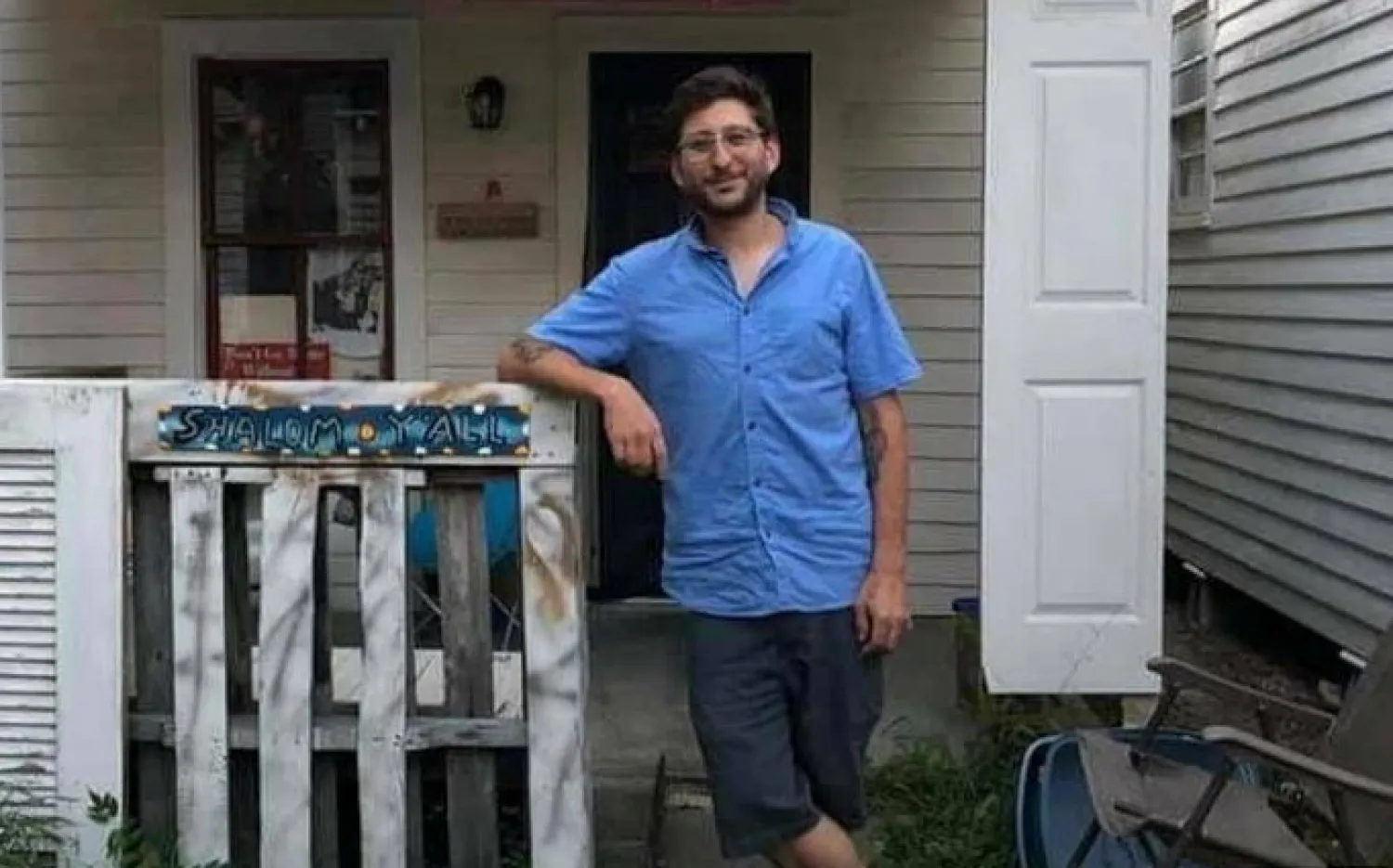An American journalist jailed for six months by Myanmar's military rulers said after his shock release that he battled to stay sane and feared his ordeal would not end, while insisting he should never have been detained.
Danny Fenster -- handed an 11-year sentence last week for incitement, unlawful association and breaching visa rules -- was freed on Monday, a day before he was to face terror and sedition charges that could have seen him jailed for life.
The 37-year-old looked gaunt, with his hair and beard grown longer during captivity, as he emerged from a jet in the Qatari capital Doha with former US diplomat Bill Richardson, AFP reported.
"I was arrested and held in captivity for no reason... but physically I was healthy," he told journalists at the airport. "I wasn't starved or beaten."
Myanmar's military has squeezed the press since taking power in a February coup, arresting dozens of journalists critical of its crackdown, which has killed more than 1,200 people according to a local monitoring group.
Fenster had been working at Frontier Myanmar, a local outlet in the Southeast Asian country, for around a year and was arrested as he headed home to see his family in May.
"I'm feeling alright physically. It's just the same privations that come with any form of incarceration. You're just going a little stir-crazy," said Fenster.
"The longer it drags on, the more worried you become that it's never going to end. So that's the biggest concern, just staying sane through that."
Fenster is believed to have contracted Covid-19 during his detention, family members said during a conference call with American journalists in August.
The United States, which had said Fenster was unjustly and wrongfully detained, welcomed his release.
"I just spoke with American journalist Danny Fenster, who is free from prison in Burma and en route to reunite with his family in the United States," Secretary of State Antony Blinken tweeted.
"Looking forward to welcoming you home, Danny."
'I'm just so happy'
The junta said Fenster was pardoned and released on "humanitarian grounds", ending 176 days spent in a colonial-era prison where many of Myanmar's most famous dissidents have been held.
His release was secured following "face-to-face negotiations" between Richardson and junta chief Min Aung Hlaing, Richardson's organisation said in a statement.
Fenster was granted a pardon and release with a "view to maintaining friendly relations between nations", a report in state-run Global New Light of Myanmar said Tuesday.
Richardson visited Myanmar earlier this month on what was described as a "private humanitarian mission".
He said at the time that the US State Department had specifically asked him not to raise Fenster's case during his visit.
Fenster's father Buddy expressed relief after speaking with his son on the phone, saying there was "nothing harder on a parent" than knowing a child is in distress and being unable to help.
"He has been sleeping on a wooden pallet for close to six months. And he said, 'The plane's got a bed in it', and I said, you know, 'Danny, take a rest, man, just stretch out on that thing.' I'm just so happy to hear that," Buddy said.
The junta said two Japanese envoys, Hideo Watanabe and Yohei Sasakawa, were involved in the negotiations, without providing details.
"It's wonderful news for all of his friends and family," Fenster's colleague at Frontier Myanmar, Andrew Nachemson, told AFP.
"But of course he never should have spent six months in jail... and all the local journalists who remain imprisoned should also be released immediately."
More than 100 journalists have been arrested since the putsch, according to Reporting ASEAN, a monitoring group. It says at least 30 are still in detention.









